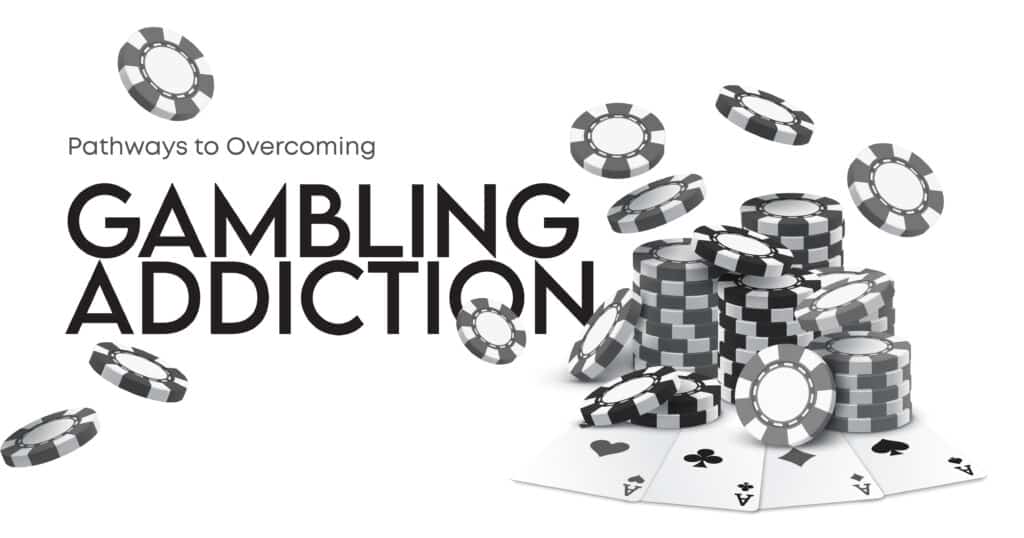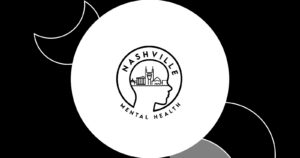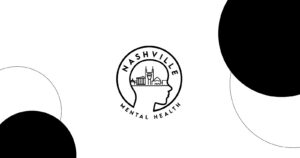Gambling can start as a harmless form of entertainment, but for some, it turns into a compulsive habit that affects finances, relationships, and mental health. Many people ask, Can gambling addiction be cured?
While there isn’t a one-size-fits-all answer, there are proven pathways that lead to long-term recovery and healthier living. With the right combination of treatment options, support groups, and self-help strategies, individuals can regain control over their lives and break free from the destructive cycle of addiction.
This guide explores the signs of gambling addiction, effective treatment methods, and practical tools for recovery, offering hope to anyone ready to take the first step toward healing.
Signs of Gambling Addiction
Recognizing the signs early is key to successful gambling recovery. Unlike occasional gambling for fun, addiction involves an uncontrollable urge to gamble despite negative consequences. Common indicators include:
- Spending increasing amounts of money to achieve the desired excitement.
- Being unable to cut back or stop despite repeated attempts.
- Chasing losses in an attempt to recover money.
- Lying to friends or family about gambling habits.
- Neglecting responsibilities or relationships due to gambling.
These behaviors often come with emotional distress, including anxiety, irritability, and depression. If these symptoms sound familiar, seeking help sooner rather than later can greatly improve your chances of overcoming addiction.
Nashville Mental Health
Treatment Options for Gambling Addiction
When wondering if gambling addiction can be cured, it’s important to understand that recovery is a process, not an instant fix. Here are the main treatment options available:
| Treatment Option | Description | Best For |
| Cognitive Behavioral Therapy (CBT) | Helps identify and change harmful gambling-related thoughts and behaviors. | People who need to address the mental triggers behind gambling. |
| Medication | Antidepressants or mood stabilizers may reduce compulsive urges in some cases. | Individuals with co-occurring mental health disorders. |
| Inpatient Rehabilitation | Structured programs that remove individuals from gambling environments for intensive care. | Severe addiction cases need a break from daily triggers. |
| Outpatient Programs | Allows individuals to attend therapy sessions while maintaining work or family obligations. | Those who need flexibility in treatment. |
| Support Groups (e.g., Gamblers Anonymous) | Peer-led groups offer shared experiences and encouragement. | Anyone seeking community and mutual understanding. |
Combining multiple approaches often yields the best results. The National Council on Problem Gambling is an excellent non-competitor resource for exploring treatment options in detail.
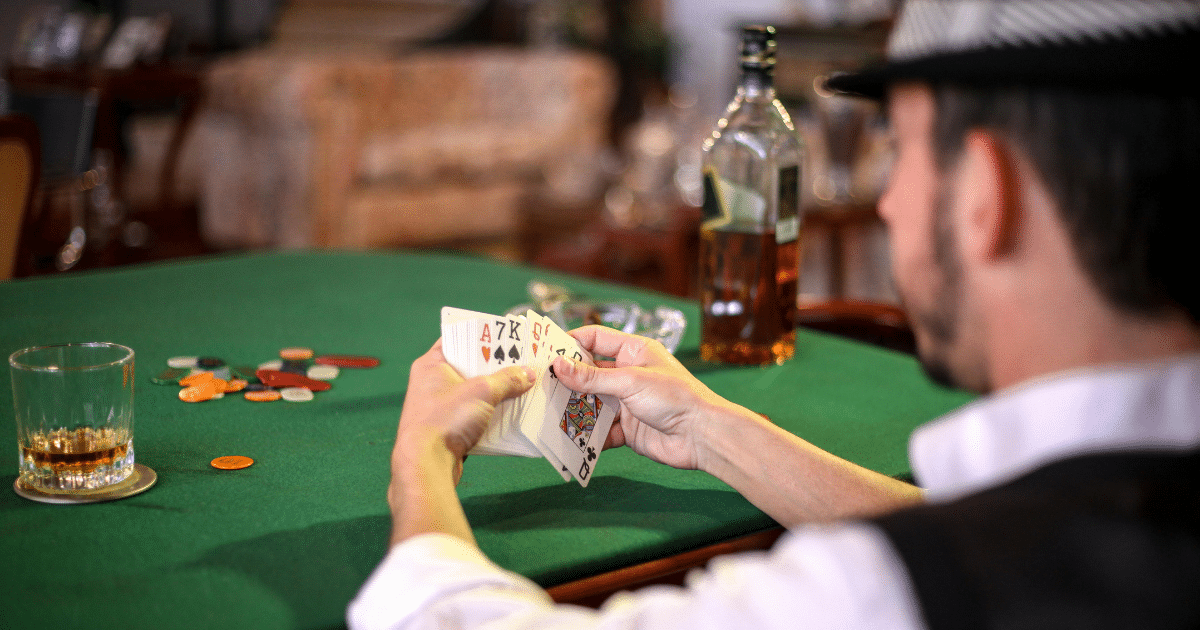
The Role of Behavioral Therapy in Treating Gambling Addiction
Behavioral therapy, particularly Cognitive Behavioral Therapy (CBT) is one of the most effective tools in overcoming addiction. This therapy works by identifying unhealthy patterns of thought that fuel the urge to gamble, such as “I can win it back” or “This time will be different.” Therapists help individuals challenge these beliefs, replace them with healthier ones, and develop coping strategies for high-risk situations.
In addition, behavioral therapy can address underlying emotional issues like depression or anxiety, which often contribute to gambling behaviors. By targeting both the habit and the root causes, treatment can significantly improve the likelihood of long-term gambling recovery.
Self-Help Strategies for Overcoming Gambling Addiction
While professional help is essential for many, there are also self-help strategies that can make a significant difference in your recovery journey:
- Identify Triggers. Understand what situations, emotions, or places make you want to gamble.
- Replace The Habit. Find healthier activities, such as exercise, art, or volunteering, that bring excitement or relaxation.
- Set Financial Boundaries. Trust a trusted person with your finances, or use bank tools to limit spending.
- Educate Yourself. Learn about the nature of gambling addiction through reputable resources like GamCare.
- Track Progress. Keep a journal to reflect on improvements, setbacks, and emotions during recovery.
These strategies work best alongside formal treatment but can also provide daily reinforcement to help maintain progress.
Nashville Mental Health
The Importance of Support Groups in Recovery
Support groups like Gamblers Anonymous provide more than just a listening ear—they offer a sense of community, accountability, and understanding that can be difficult to find elsewhere. Members share personal experiences, struggles, and victories, which can inspire others to keep going.
The power of peer support lies in breaking the isolation that often accompanies gambling addiction. By regularly attending meetings, individuals can gain fresh perspectives, practical advice, and encouragement from those who have successfully navigated gambling recovery.
Professional Counseling for Gambling Addiction
Professional counseling offers a safe, nonjudgmental space to work through the complex emotions tied to gambling. Counselors can help address co-occurring disorders like depression or substance abuse, which frequently accompany gambling problems.
Therapists may use various methods, including CBT, motivational interviewing, or family therapy, to help the individual and their loved ones. This comprehensive approach ensures that the person is not only stopping gambling but also building a healthier and more fulfilling lifestyle, reducing the risk of relapse.
Relapse Prevention Strategies in Gambling Addiction Recovery
Relapse is a common part of recovery, but it doesn’t mean failure. Having a plan can help you bounce back quickly. Effective relapse prevention strategies include:
- Recognizing early warning signs, like thinking “just one more bet won’t hurt.”
- Creating a crisis plan with steps to take when urges hit, such as calling a trusted friend or attending an emergency support meeting.
- Continuing therapy even after the gambling stops to maintain mental resilience.
- Avoiding high-risk environments, such as casinos or online gambling sites.
Recovery is about building habits that make relapse less likely, and having multiple safeguards in place increases your long-term success.
Overcome Gambling Addiction with Professional Support from Nashville Mental Health
If you or someone you care about is struggling with gambling, Nashville Mental Health offers personalized treatment plans that combine proven therapies, compassionate counseling, and continuous support.
Our dedicated professionals understand the challenges of addiction and are committed to helping you achieve lasting recovery. Take the first step toward a life free from gambling. Visit Nashville Mental Health today to learn more about our programs and schedule a confidential consultation.
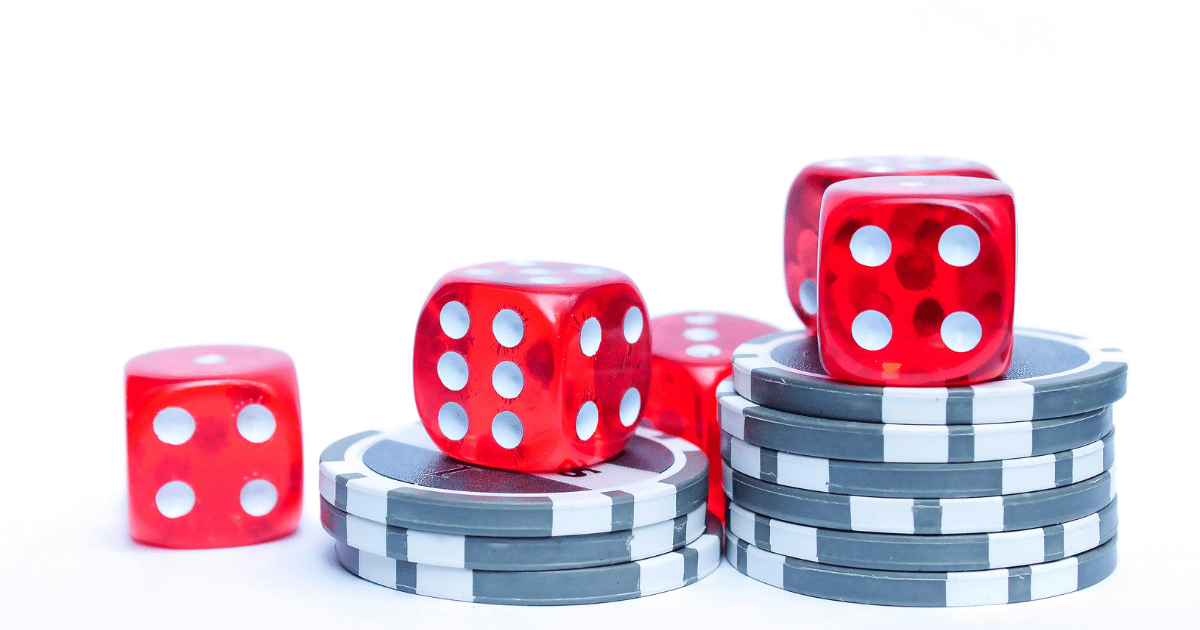
Nashville Mental Health
FAQs
- What are the effective treatment options for gambling addiction recovery?
CBT, medication, inpatient or outpatient rehab, and support groups are among the most effective methods. Many people benefit from combining multiple treatments for a more comprehensive approach.
- How does behavioral therapy contribute to overcoming gambling addiction?
Behavioral therapy helps identify and change thought patterns that trigger gambling, replacing them with healthier coping mechanisms. It also addresses underlying mental health concerns.
- What self-help strategies can aid in gambling addiction recovery?
Identifying triggers, replacing the habit with healthy activities, setting financial boundaries, and seeking education about addiction are key self-help strategies.
- Why are support groups crucial in the journey to overcome gambling addiction?
They provide emotional support, accountability, and shared experiences that make individuals feel less isolated while offering practical advice for recovery.
- What are some successful relapse prevention strategies in gambling addiction recovery?
Recognizing early warning signs, having a crisis plan, maintaining therapy, and avoiding high-risk environments are proven strategies for preventing relapse.


